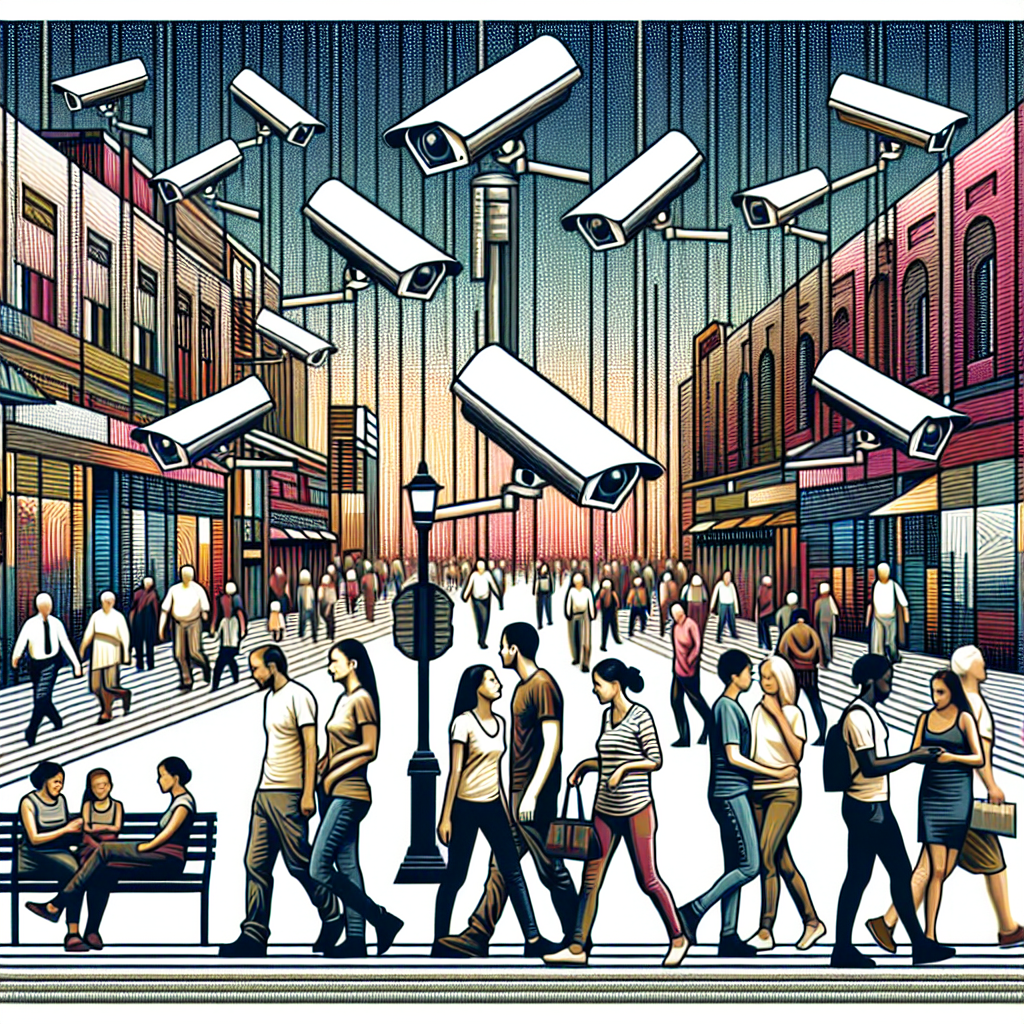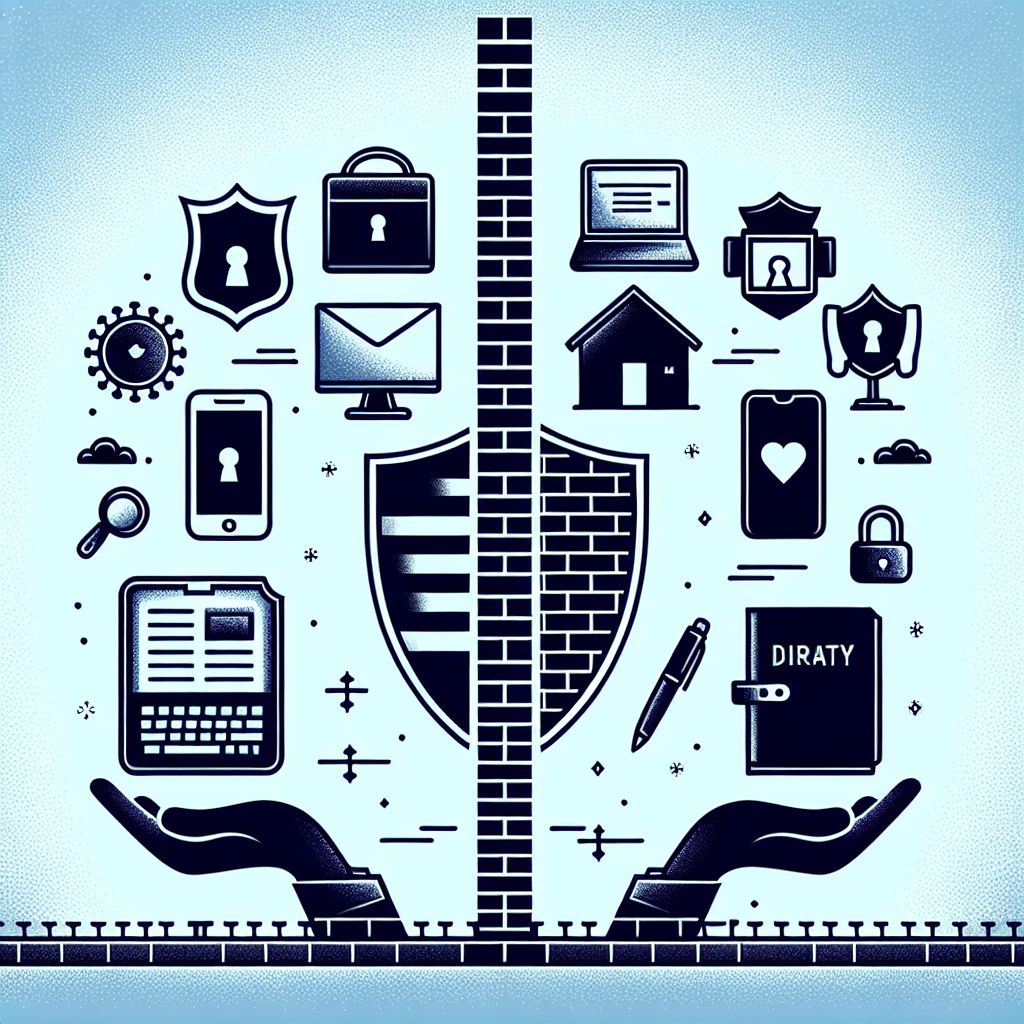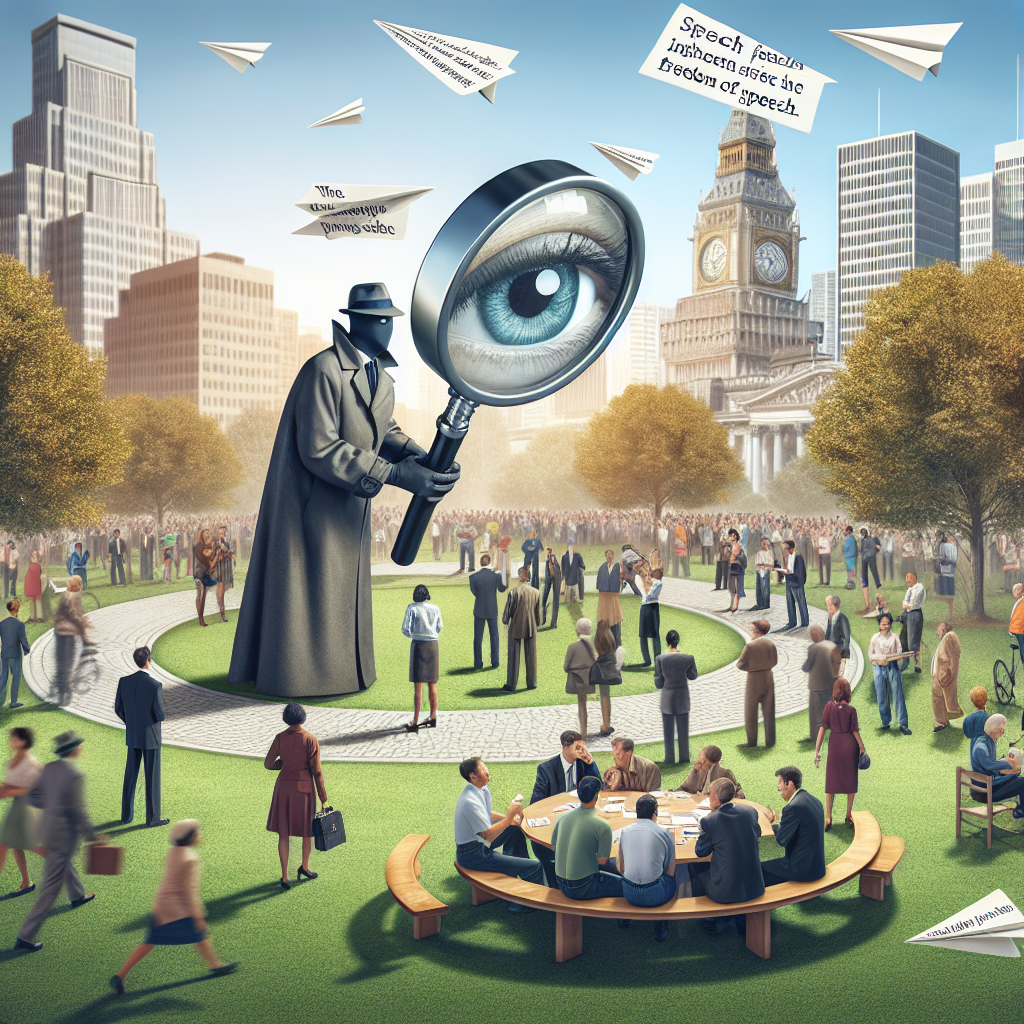The Role of Education in Shaping Perspectives on the New World Order
The concept of a “New World Order” often refers to a significant shift in global politics, economics, and society. It embodies ideas of globalization, international cooperation, and often, conspiracy theories surrounding the control of world affairs. Education plays a crucial role in shaping how societies understand, react to, and engage with these complex ideas.
Understanding the New World Order
Before diving into the educational aspect, it’s essential to clarify what is meant by the “New World Order.” Throughout history, this term has been used in various contexts: the post-World War I settlement, the aftermath of World War II, and the post-Cold War period. In modern usage, it often denotes the proliferation of global governance structures such as the United Nations, World Bank, and International Monetary Fund which seek to address issues that transcend national borders.
Education as a Tool for Critical Thinking
One primary way education shapes perspectives about the New World Order is through the development of critical thinking skills. In classrooms where inquiry-based learning is prioritized, students are encouraged to question narratives presented to them. This empowerment fosters a more profound understanding of international relations and how various forces—such as economic interests, cultural exchanges, and political alliances—interact on a global stage.
Curriculum and Content
The curriculum plays a pivotal role in how the New World Order is interpreted. For instance, history classes that focus primarily on Western narratives might present a one-dimensional view of global affairs. In contrast, comprehensive curricula that include perspectives from diverse cultures and histories can encourage students to recognize the multi-faceted nature of international relations. This wider lens facilitates a more nuanced understanding of the New World Order, allowing students to grasp its complexity and the interconnectedness of global societies.
Impact of Technology and Information Access
The advent of the internet and digital education has revolutionized how people access information about the New World Order. Educational institutions now have the opportunity to leverage technology to provide students with resources from various viewpoints. This democratization of information can cultivate an environment of dialogue, debate, and discussion. However, it also raises concerns about misinformation and the ability to discern credible sources from conspiracy theories. Critical digital literacy, therefore, becomes essential in educational programs to ensure that students become discerning consumers of information.
Global Citizenship Education
Global citizenship education focuses on preparing students to be informed, active participants in an interconnected world. By emphasizing shared responsibilities and understanding across boundaries, this educational approach can provide a supportive framework for discussing the New World Order. Students learn about social justice, human rights, and environmental sustainability, connecting their local actions to global implications. Through this lens, learners can better appreciate the importance of global cooperation and governance in addressing collective challenges.
Sociopolitical Engagement
Education often imparts the values of civic engagement and social responsibility. This engagement is crucial when discussing a New World Order, which inherently involves policies that affect global governance, trade, and international relations. Programs that emphasize service learning, participation in civic activities, and understanding democratic processes can inspire students to take active roles in shaping societal narratives around global issues. The more educated individuals are about their rights and responsibilities, the more likely they will engage with complex global issues critically.
Teacher Training and Perspectives
The perspectives of educators themselves play an essential role in shaping how students perceive the New World Order. Teachers’ backgrounds, beliefs, and educational philosophies can significantly influence the discussion in the classroom. In professional development programs, it is vital to train teachers not only in content knowledge but also in pedagogical strategies that can promote inclusivity, critical thinking, and the exploration of diverse viewpoints on global issues.
Influence of Socioeconomic Factors
Educational access varies widely across different socioeconomic strata. Students from marginalized communities often have limited exposure to diverse perspectives and critical analysis regarding the New World Order. Equitable access to quality education is fundamental in ensuring that all students can engage with global issues effectively. Policies aimed at bridging these gaps in education can enhance understanding and dialogue surrounding the New World Order, fostering a well-informed citizenry.
Higher Education and Research
Universities and colleges often serve as forums for advanced discussions on global issues. Research outputs from these institutions contribute to the discourse around the New World Order, shaping public policy and opinion. Academic programs dedicated to international relations, political science, and global studies generate findings that can influence both scholarly and general understanding of this complex topic. Interdisciplinary studies that combine insights from economics, sociology, and history provide comprehensive frameworks for understanding global dynamics.
The Role of Non-Formal Education
Non-formal education programs, such as workshops, community training, and seminars, can also play a significant role in shaping public perspectives about the New World Order. These educational environments often allow for more open discussions, where community members can share personal experiences and perspectives. Engaging a broader audience outside the traditional education system can help demystify the concept of a New World Order and encourage collective action in global issues.
Empathy and Global Perspectives
Education aims to cultivate empathy towards others, an essential component for fostering international understanding. By teaching about different cultures, histories, and social issues, educators can help students appreciate the complexities of global interactions. Familiarity with diverse perspectives fosters open-mindedness, reducing fear and suspicion surrounding global governance that characterizes many discussions on the New World Order.
Addressing Conspiracy Theories
Education can also serve as a counter to the often sensationalist narratives that surround the New World Order, particularly conspiracy theories. By fostering critical analysis skills, educators can help students appropriately evaluate claims and assertions found in popular media and on the internet. Knowledge-based education can shield students against misinformation while refining their analytical skills, thus empowering them to engage more constructively with contemporary global issues.
Conclusion
Education shapes our understanding and reactions to the New World Order through critical thinking, curriculum design, and fostering civic engagement. It is a collective responsibility of educators, policymakers, and communities to develop educational frameworks that cultivate informed, active global citizens capable of navigating the complexities of international relations. Through equitable access to diverse educational content, we can inspire future generations to engage with and influence the trajectory of global governance effectively.












Leave a Reply